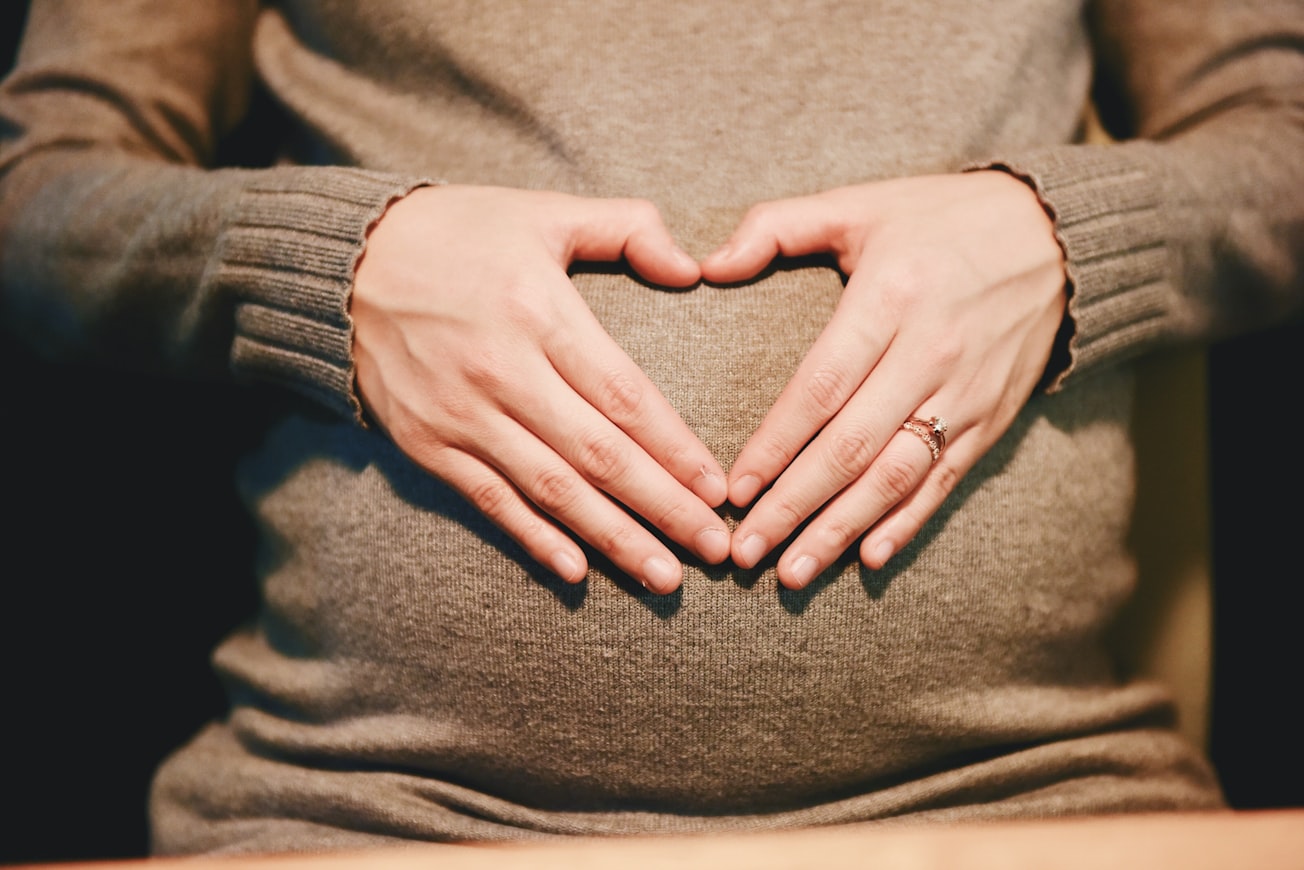What is it about?
Although there are laws against pregnancy discrimination in the workplace, discrimination still occurs frequently. Further, we know that discrimination can have real consequences for a pregnant employee’s career outcomes, such as a reduced salary and fewer promotions. However, we know much less about how discrimination might affect the health and well-being of the employee and her baby. To examine this research question, we conducted two separate studies examining the workplace experiences and health outcomes of new mothers and their babies.
Featured Image

Photo by Suhyeon Choi on Unsplash
Why is it important?
We found that when women perceived pregnancy discrimination in the workplace, this was associated with increased experienced stress which was subsequently associated with elevated levels of postpartum depression. Thus, perceived pregnancy discrimination led to negative health consequences for the mother. Perhaps just as, or even more alarming, the mother’s experienced stress led to lower birth weights, lower gestational ages, and an increased number of doctors’ visits for the babies a few weeks after birth. The findings from this research suggest that employers may want to provide guidance to help pregnant employees reduce their stress through reduced pregnancy discrimination and enhanced work-family support.
Perspectives
Working on this article with so many incredible professional women was gratifying for me. As someone who had children while working on tenure and promotion within my university, I believe my pregnancy affected the way others perceived me. The subtle stereotypes that are associated with pregnancy stigmas (e.g., she must not be a serious academic) are not only devastating to the women, but also to their babies. To be a healthy and productive organization, it is imperative that organizations work hard to reduce pregnancy discrimination and to offer support to these women. My sincere thank you to all my co-authors: Kaylee J. Hackney is an Assistant Professor of Management at Baylor University. Her research focuses on employee mistreatment, stress, and well-being in the work-family interface. Shanna R. Daniels is an Associate Professor in the Management Department at Florida State University. Her research focuses on race, gender, and discrimination in organizations, interpersonal mistreatment, and social exchange processes, in the workplace context. Samantha Paustian-Underdahl is an Associate Professor in the Management Department at Florida State University. Her research focuses on gender and diversity in organizations, the work-family interface, and leadership, in the context of work and organizations. Pamela L. Perrewé is the Robert O. Lawton Distinguished Professor, Emeritus, at Florida State University. She has focused her research interests in the areas of job stress, work/family conflict, organizational politics, and personality. Ashley Mandeville is an Assistant Professor in the Management Department at Florida Gulf Coast University. Her research focuses on the work-family interface, gender and diversity in organizations, interpersonal relationships at work, and organizational benefit utilization. Asia Eaton is an Associate Professor of Psychology at Florida International University (FIU). Her research explores how gender intersects with identities such as race and sexual orientation to affect individuals access to and experience with power.
Pamela Perrewe
Florida State University
Read the Original
This page is a summary of: Examining the effects of perceived pregnancy discrimination on mother and baby health., Journal of Applied Psychology, May 2021, American Psychological Association (APA),
DOI: 10.1037/apl0000788.
You can read the full text:
Contributors
The following have contributed to this page







